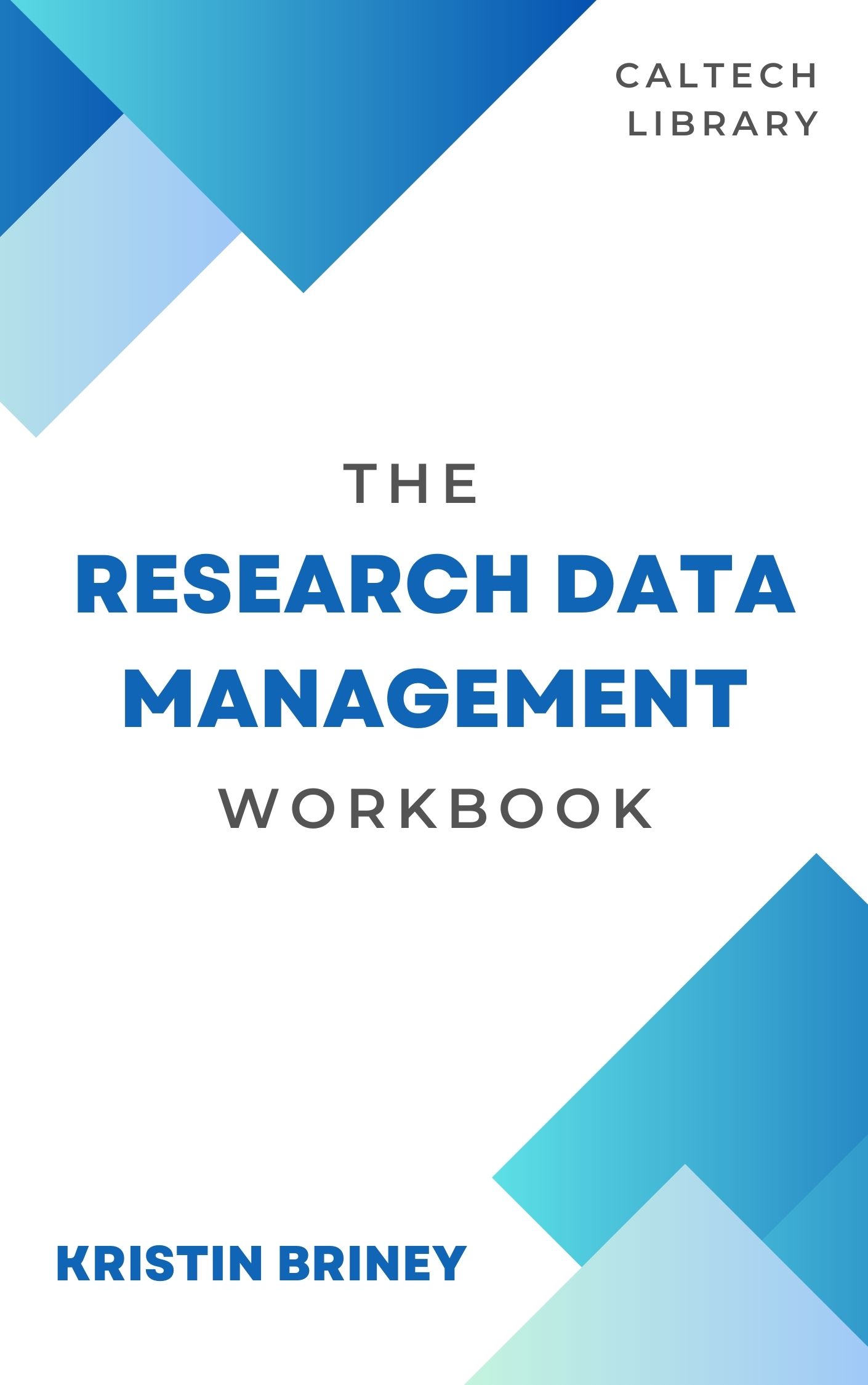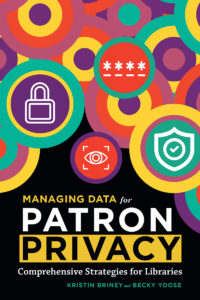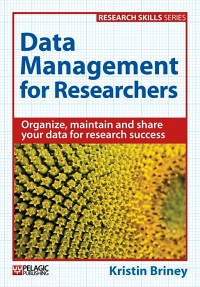I wrote about the best licenses for datasets in my previous post and I want to add to that information by pointing out two potentially problematic Creative Commons licenses for research products, data and publications alike: CC Attribution-NonCommercial (CC BY-NC) and CC Attribution-NonCommercial-ShareAlike (CC BY-NC-SA)*. These are the two Creative Commons noncommercial licenses.
There are a couple reasons to think twice before using this class of licenses. The first is that the meaning of noncommercial is unclear. You are excluding anyone from freely using CC-NC content for profit, which obviously covers corporations but might also include groups like nonprofits. For example, a nonprofit may use your content for promotional material intended to increase their membership. An increase in member dues can be considered a financial gain that is not allowed under a CC-NC license. There are a lot of ambiguities here and they are better laid out in this article on noncommercial licensing in biology. The important thing is to be aware that you are excluding more uses than you may realize using a noncommercial license.
The other reason to hesitate before applying a noncommercial license is that publishers can still make profit on this content even though it is “open access”. Licensing something under a CC-NC licence doesn’t mean that it can’t be used commercially, only that it can’t be used commercially for free. This content can still be used in a commercial setting if you pay for permission, just like with traditional content. At least one publisher is guiding its authors toward this “open access” license while simultaneously charging others to commercially use this content; the profit rarely goes back to the author.
Noncommercial licenses are not recommended for data, for reasons expressed in my previous post, but are probably not ideal for your other research products either. I’m not saying that you shouldn’t use a noncommercial license, only that you should be aware of the limitations of these licenses before consciously applying them to your research products.
* “Share Alike” licenses require any derivative products to be similarly licensed. This is a “copyleft” style license, meant to make the content and all its derivatives free in perpetuity.




